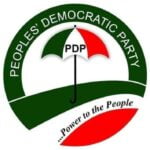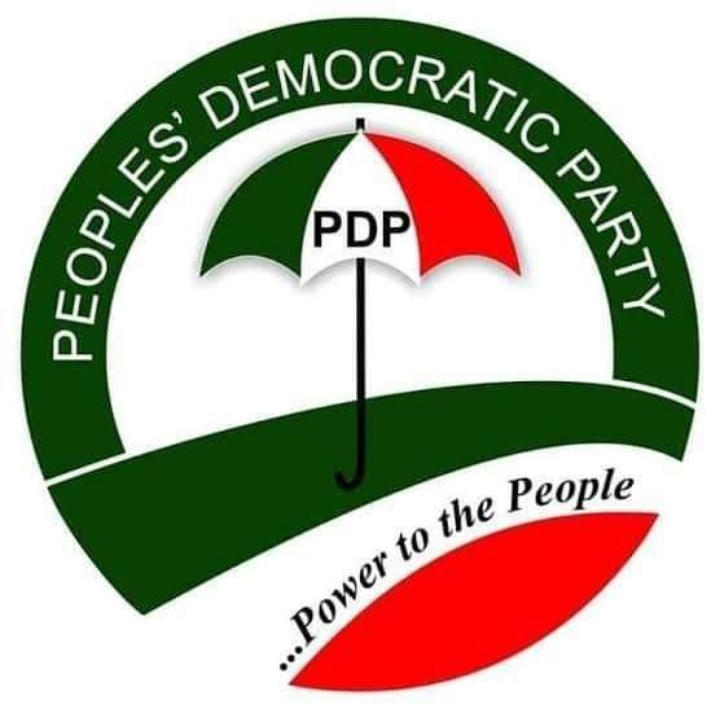Oborevwori Pledges Commitment To Renewable Energy Investments In Delta
…As Delta Signs MoU With REA
Delta State Governor, Rt. Hon. Sheriff Oborevwori, Wednesday, reaffirmed his administration’s readiness to harness renewable energy solutions as a catalyst for industrial growth, rural development, and inclusive economic opportunities across the state.
Speaking at the Rural Electrification Agency (REA) State-by-State Roundtable Engagement with Delta State, held at Abuja, Governor Oborevwori said the engagement’s theme, “Unlocking Distributed Energy Investments for Industrial Growth and Inclusive Access in Delta State,” aligns with the state’s Medium-Term Development Plan (2024–2027) and the MORE Agenda.
He stressed that reliable electricity remains “a cornerstone for unlocking productivity, attracting investments, and enhancing the livelihoods of our people, particularly in underserved communities.”
The Governor noted that Delta is strategically positioning itself to leverage national energy programs such as the Nigeria Electrification Project, Energizing Education Programme, Energizing Economies Initiative, and the Rural Electrification Fund.
He emphasized that renewable sources like solar, wind, hydro, and biomass are no longer underdeveloped options but “powerful tools for inclusive growth, enterprise development, and rural transformation.”
Highlighting Delta’s initiatives, Oborevwori disclosed that the state has developed a Decentralized Energy Plan to power key government institutions including the Government House, new State Secretariat Complex, Stephen Keshi Stadium, Asaba Airport, and state-owned universities through embedded renewable energy systems.
He added that plans are also underway to extend electricity access to rural communities and educational institutions, reinforcing the state’s investments in public education, where four state-owned universities currently serve as centers of excellence.
Oborevwori assured prospective investors of a friendly business environment and sustainable returns, noting that the demand for off-grid and mini-grid renewable solutions in rural areas, schools, hospitals, and small enterprises is “massive and growing.”
He pledged transparency, accountability, and effective collaboration with stakeholders, including the World Bank, REA, renewable energy service companies, and private investors.
Oborevwori said: “As fossil fuels become increasingly expensive and environmentally unsustainable, Delta State sees renewable energy as the future.
“We are committed to scaling up renewable sources to mitigate climate change, stimulate local industries, and create jobs. This is a win-win situation where investors make profit while Delta gets powered.”
Managing Director/CEO of the Rural Electrification Agency (REA), Abba Aliyu, commended Delta State for its forward-looking electrification strategy anchored on distributed renewable energy, mini-grids, and private sector investment.
He praised Governor Oborevwori for domesticating the Electrification Act 2023, creating a state regulatory commission, and strengthening rural electrification structures. According to him, these efforts put Delta ahead of most states, positioning it to take charge of its own energy future.
Aliyu disclosed that the REA currently has $1.16 billion earmarked to catalyze renewable energy infrastructure across the country, noting that the funds are available but require strong partnerships with state governments and private investors.
He urged the Governor to encourage investors to bring such projects to Delta, pointing out that the decision ultimately lies with the private sector. He cited an investor already considering a $53 billion investment in a 600MW solar panel assembly plant, stressing the need to convince him to site it in Delta.
The REA boss also referenced a nationwide assessment conducted with McKinsey, which revealed that about 119 million Nigerians still need improved electricity access, with over 22 million households requiring connections.
He explained that the most cost-efficient solutions involve solar home systems and mini-grids, especially for sparsely populated communities where extending the national grid would be uneconomical. Aliyu noted that Delta has a significant number of such communities and is therefore well suited for renewable energy deployment.
Executive Director of the Rural Electrification Fund, Hon. Engr. Doris Uboh, in her presentation revealed that bridging electricity gaps across Delta State could unlock over 31,200 jobs and attract investments worth $158 million through private sector-led mini-grid projects.
Presenting detailed electrification data, Uboh noted that Ndokwa East tops the list of LGAs with the highest number of unserved residents, followed by Burutu, Ughelli South, Oshimili North, and Warri South West, while Ika South ranks as the most electrified.
Uboh urged investors to seize the opportunity, emphasizing that sustainable electrification would not only power households and businesses but also boost economic growth and position Delta as a renewable energy hub.
Earlier, Chief Economic Adviser to the Governor, Dr. Barry Gbe, welcomed participants, describing the roundtable as a platform to foster collaboration and shape Delta’s transition to a sustainable energy system.
A Memorandum of Understanding was also signed between REA, RESCOs, and the Delta State Government on renewable energy investments.










